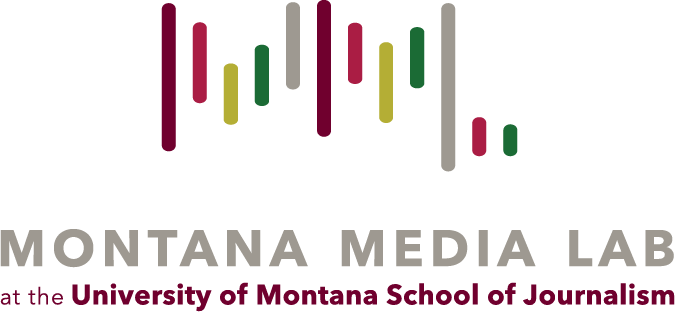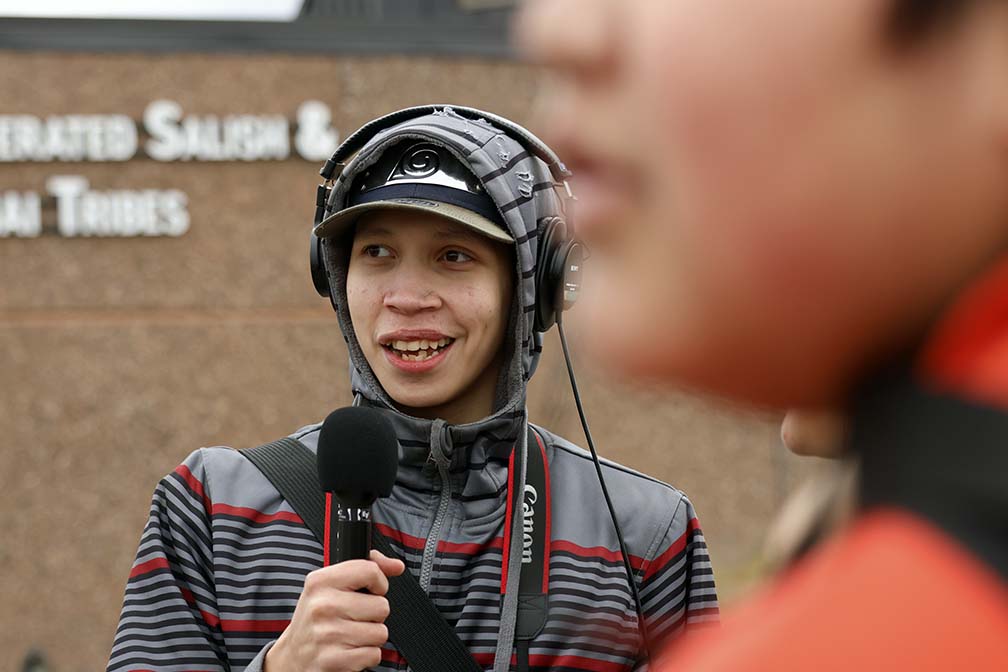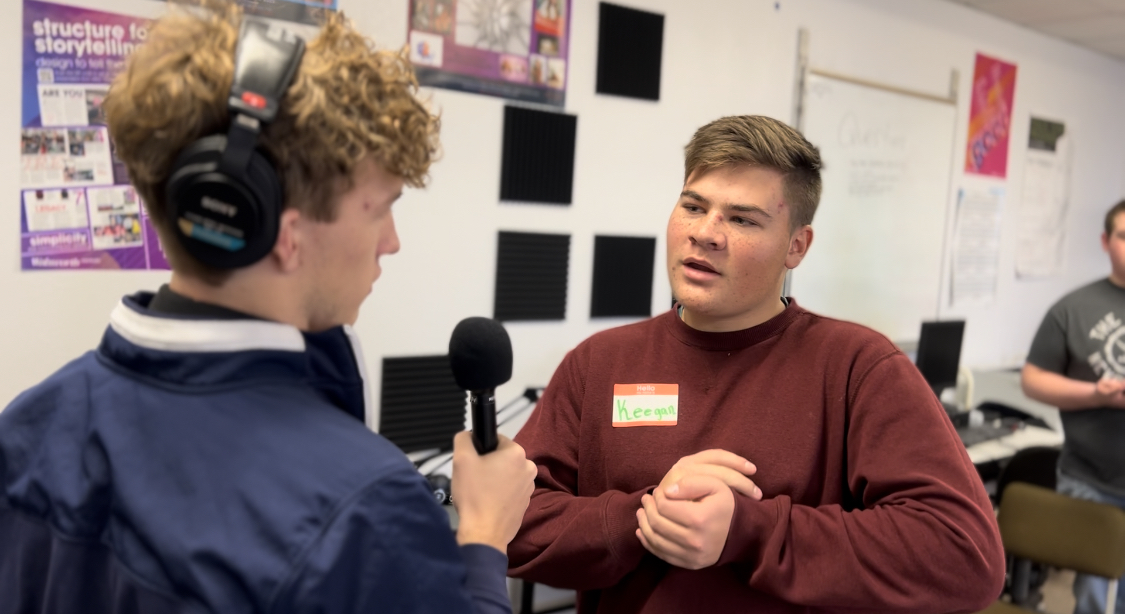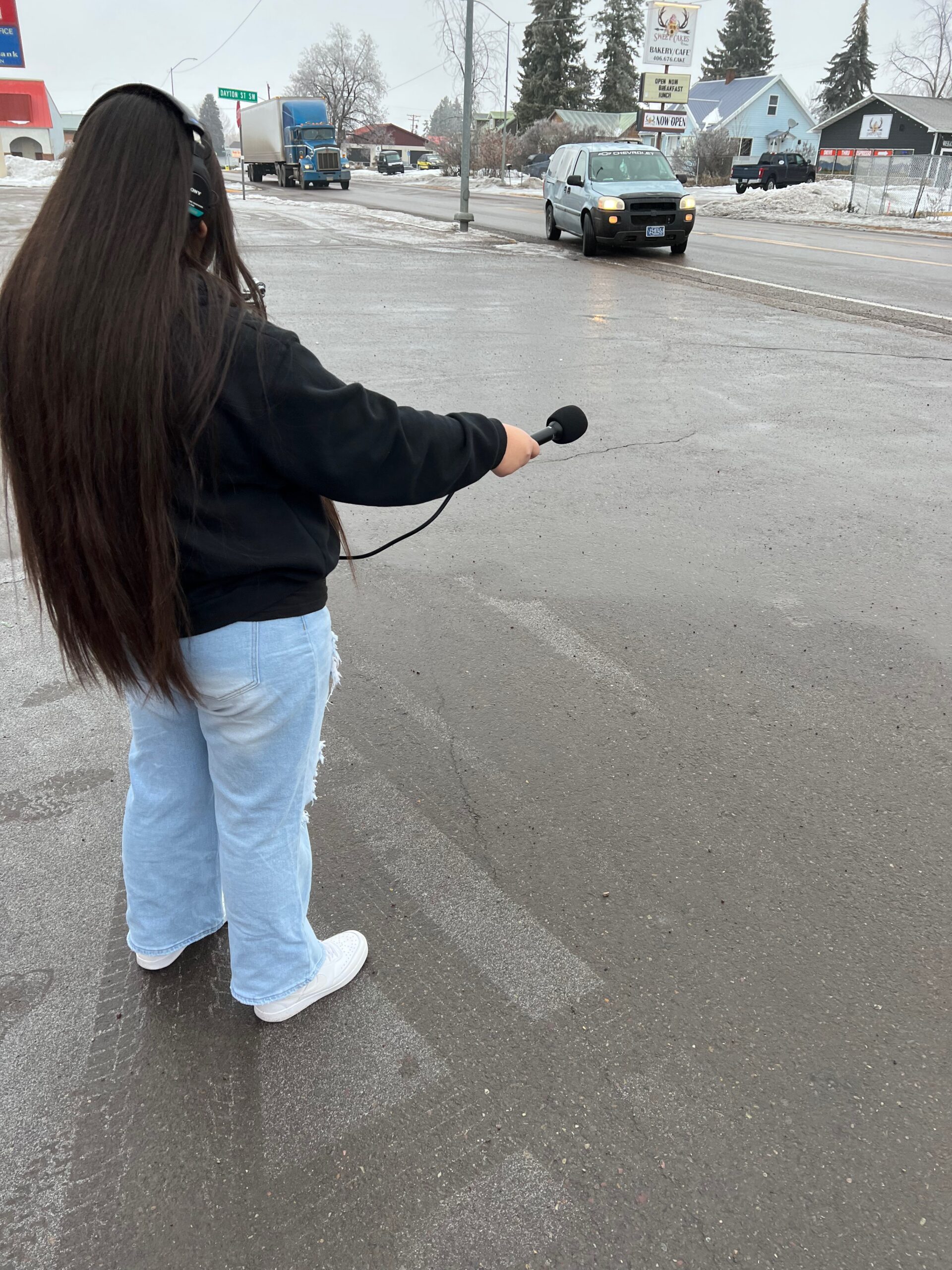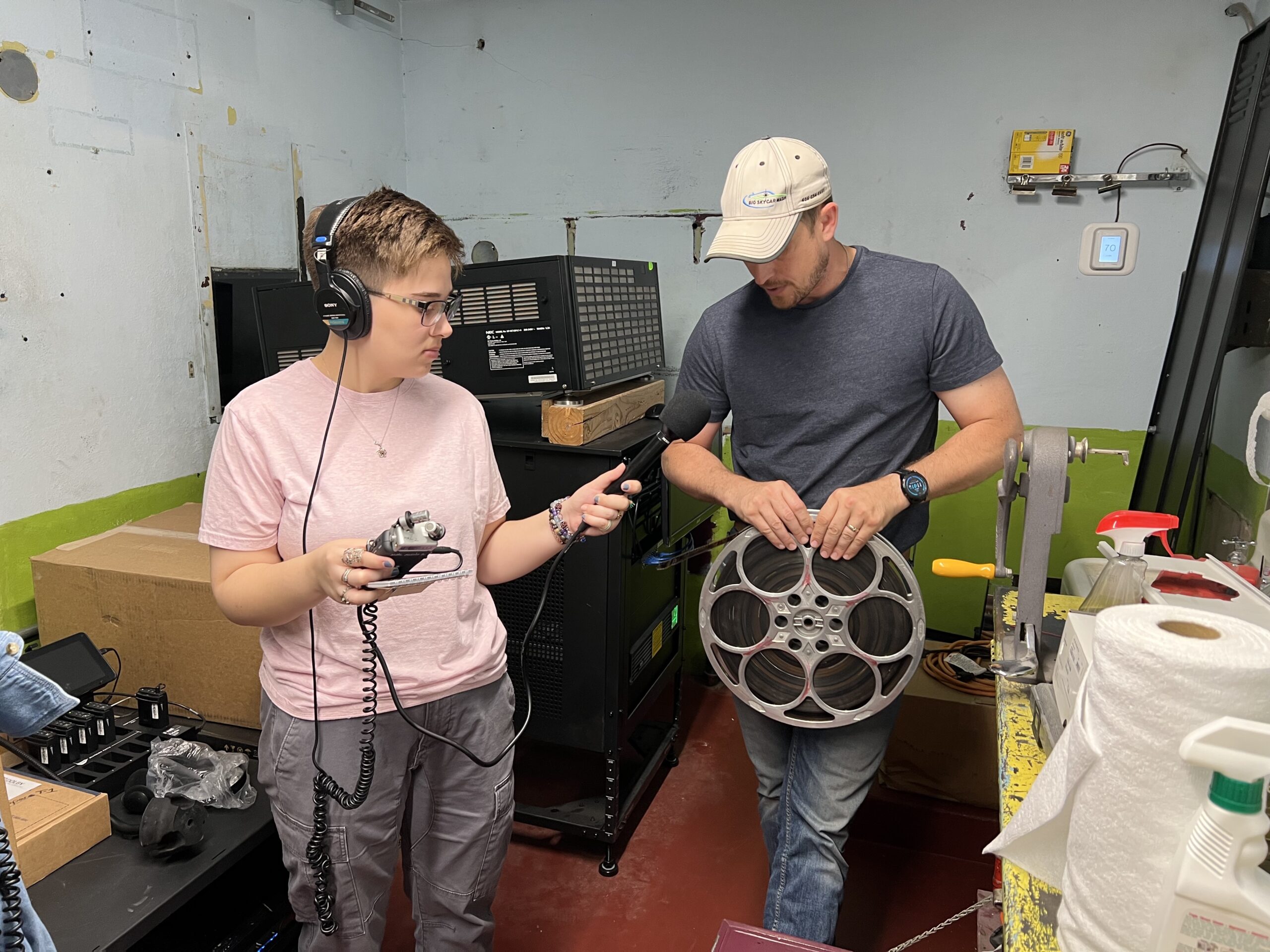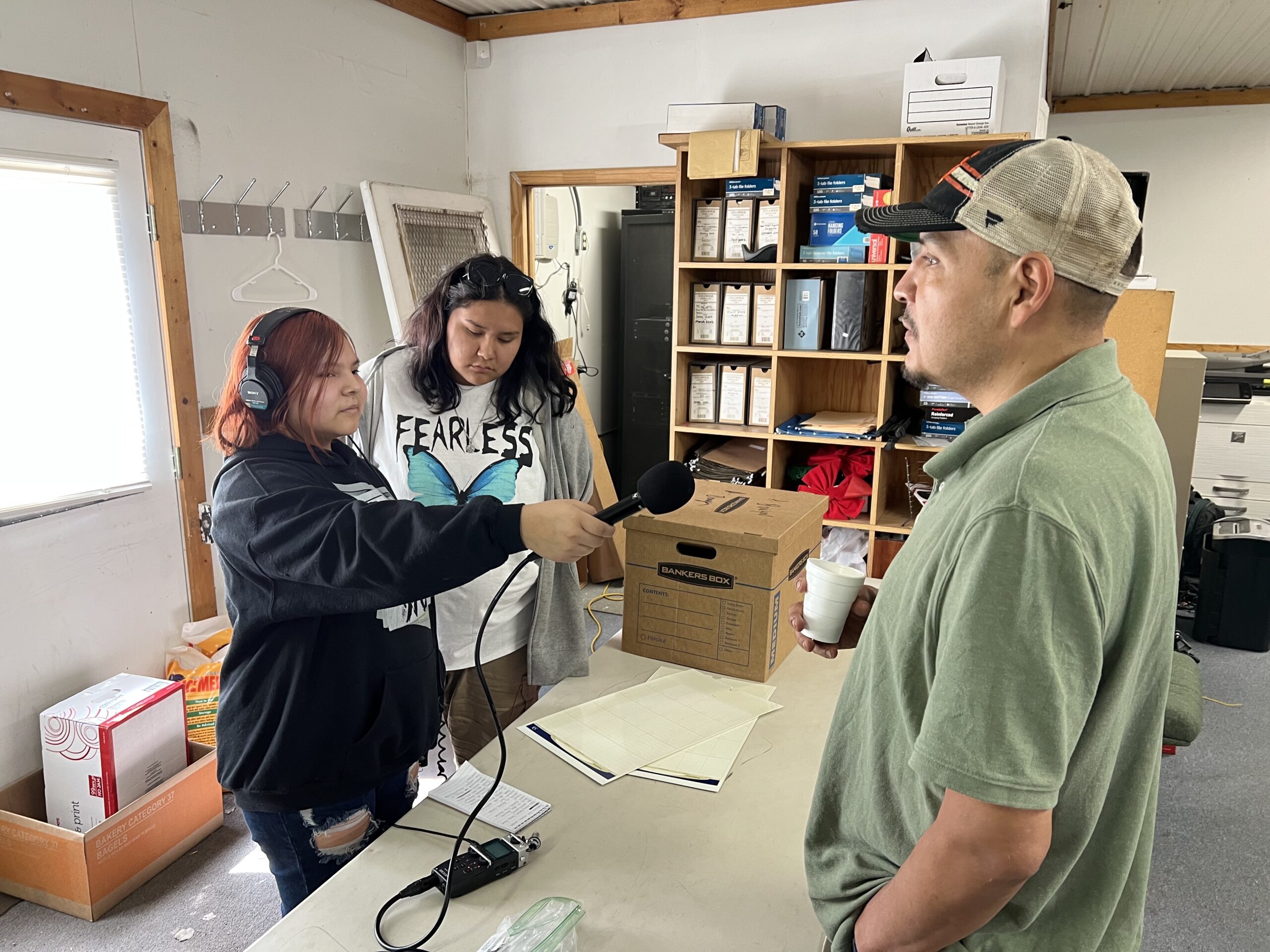Apply: Youth Voices Internship
The Montana Media Lab seeks interns for the 2025 operating year. The internship is designed to provide University of Montana students with hands-on journalism and teaching experience and to provide each intern with finished product audio stories to add to their portfolio. The program allows interns to gain practical skills in journalism, multimedia storytelling, and education, while also contributing to
Two Eagle River School teens report on Bison Range return to Confederated Salish and Kootenai tribes
Two Eagle River School photography students reported on the Bison Range returning to the management by the Confederated Salish and Kootenai tribes. The students created an audio news story with the support of the Montana Media Lab team and shot a collection of photographs. Students reported from the field at the CSKT Bison Range. Photo by David Spear. After learning how to
Arlee teens report on animal rehabilitation organization for Montana Public Radio
Arlee High School students learned audio reporting basics during a Montana Media Lab Youth Voices workshop. Using their new journalism skills, they produced a news story about an effort to rehabilitate animals in their community. That story aired on Montana Public Radio. Listen and read their work below. Listen on Montana Public Radio A dog sanctuary on the Flathead Indian Reservation is
Teen audio stories publish on Life With Fire Podcast
Living in a place where wildfires burn regularly is complicated–and teens across Montana translated their complex experiences with fire into audio stories during Montana Media Lab workshops last fall. Students in Darby and Florence Montana, and on Blackfeet Nation learned how to develop, research and report a story during intensive journalism workshops over the course of the fall semester. Led
Deer Lodge students create audio series with Montana Media Lab
Deer Lodge teens explored the relationship between their town and mining in a podcast series they finished during a workshop with the Montana Media Lab. The project was inspired by the great Montana podcast, "Richest Hill," which tells the story of the Superfund cleanup in Butte, Montana. Students conducted interviews with everyone from mining professionals to an employee at the
Ronan students report on highway construction for MTPR
This winter our Youth Voices program headed to beautiful Ronan, Montana for a high school audio storytelling workshop. Students learned the basics of journalism, practiced using their audio gear, and making a radio news story. And along the way, they realized that their expertise on their hometown contained a story valuable to listeners across the state. The group chose to
Miles City students report on historic theater renovation
One stop on our summer news literacy and audio storytelling tour was at Custer County High School in Miles City. Students covered the re-opening of a historic movie theater, capturing the feel of the space by recording the sound of popcorn being made and the squeals of children waiting to see a matinee. Students reported and collected amazing sounds for their
Great Falls students report on local art festival
This summer we taught high school students in Great Falls about news literacy and digital storytelling. The workshop yielded a story on the new murals on downtown buildings. The story aired around the state on Yellowstone Public Radio. Listen to the full story here Students learned how to find reliable sources of media Students found sources who could speak about how the
Lodge Grass students report on the Ultimate Warrior Competition
Last summer the Media Lab team hosted a workshop in Lodge Grass, where students interviewed people in horse stables and at tribal offices for a story about an annual race rooted in Apsaaloóke culture.Their story aired around the state on Yellowstone Public Radio. Students interviewed Ian White, who has competed in the competition. "It's probably the best thing I've ever accomplished
Harlem students make an audio portrait of their home
The first stop on our summer 2022 high school workshop road trip was in Harlem, Montana. Students took to the streets with microphones and notebooks to report an audio portrait of the quiet town just off the Fort Belknap Indian Reservation. Their story aired around the state on Yellowstone Public Radio. One of the interviews featured in the piece was with
